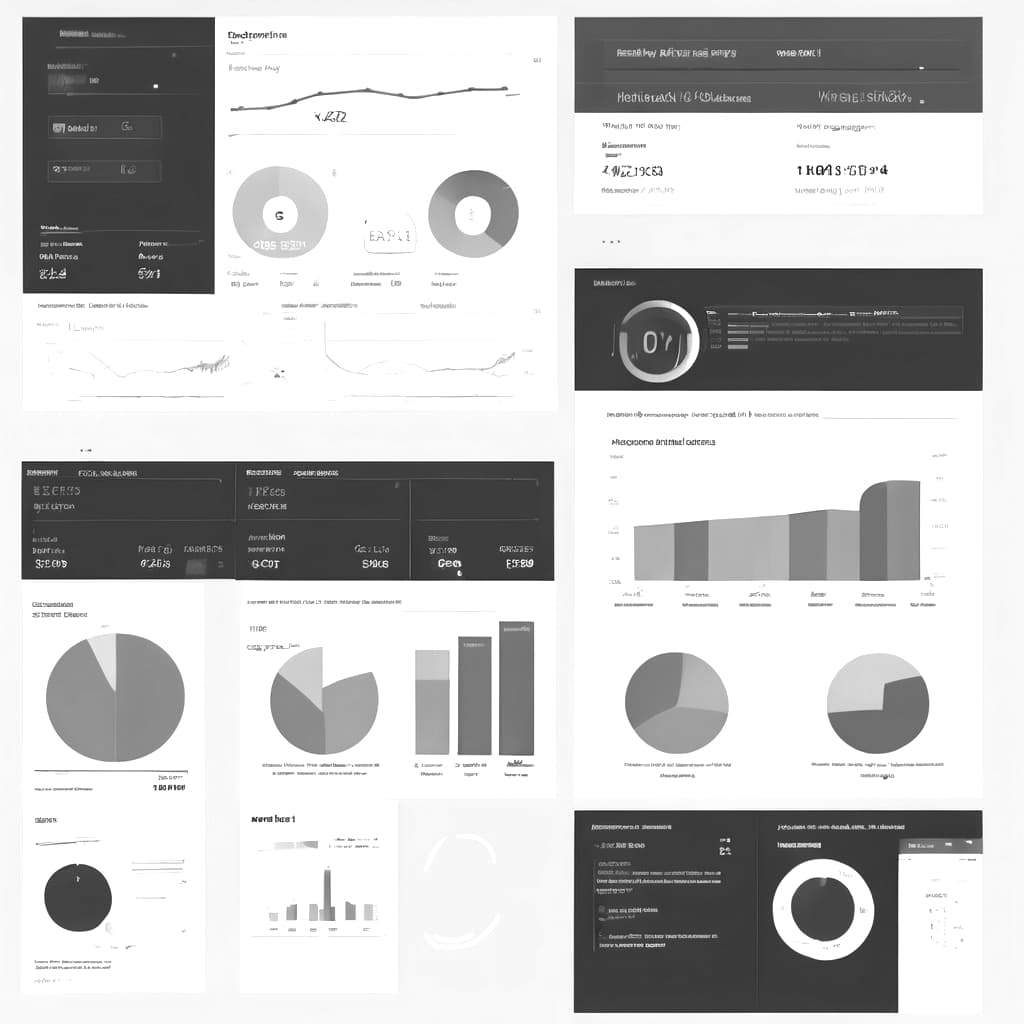SALES ANALYTICS

Challenge
Businesses often struggle to gain actionable insights from sales data, resulting in missed revenue opportunities and ineffective sales strategies.
- Manual analysis of spreadsheets and reports is time-consuming and prone to errors, limiting timely decision-making.
- Trends, seasonality, and customer behavior patterns are frequently overlooked, reducing forecasting and planning accuracy.
Approach
- Collect and analyze historical sales data, customer purchase patterns, and transaction records.
- Identify and track key performance indicators (KPIs) such as revenue, sales volume, conversion rates, and regional performance.
- Apply advanced analytics techniques—including descriptive, diagnostic, and predictive analytics—to uncover trends and patterns.
- Develop interactive dashboards to visualize insights and support data-driven decision-making.
Data
- Sales transactions: date, amount, product/service, region, and customer segment.
- Customer behavior and demographics.
- Promotions, discounts, and marketing campaign details.
- Inventory and stock levels.
Solution
- Automated reports and dashboards that monitor sales performance across multiple dimensions.
- Predictive models that forecast sales trends and identify potential revenue opportunities.
- Regional and segment-level analysis that supports targeted sales strategies.
- Integrated insights used in business planning and marketing initiatives.
Business Impact
- Optimized sales strategies, leading to improved conversion rates and revenue growth.
- Enhanced decision-making through real-time visibility into sales performance.
- Improved forecasting accuracy, allowing for better inventory and resource planning.
- Data-driven marketing and promotions that maximize ROI through targeted campaigns.
Ready to dive in?
Contact us today!
Let’s collaborate to transform your data, design, and business goals into impactful digital experiences.